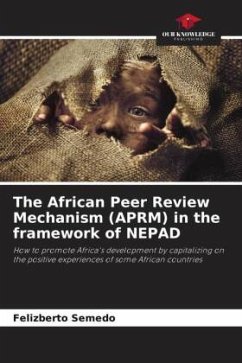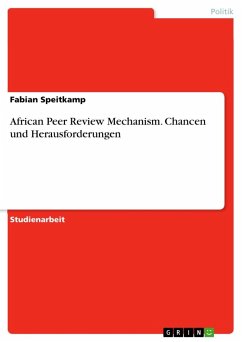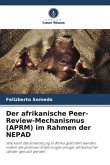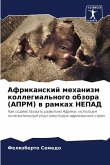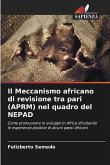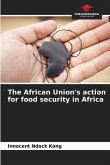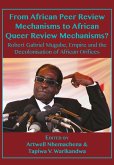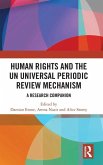Colonial independence and the subsequent founding of young African nations is still today one of the most brilliant achievements of the African people. However, these facts, worthy of history, have been overshadowed over the years by troubled situations such as poor governance, disrespect for fundamental rights, freedoms and guarantees and intra- and inter-state wars, making Africa the least developed continent as it enters the third millennium. After several attempts to rescue the continent from this doldrums, through development policies and strategies designed both internally and by international partners, which do not always match the real situation, NEPAD and its peer review mechanism (MARP) were established, the feasibility of which is the subject of this paper. However, by analyzing the experiences of evaluations through MARP and the consequent adoption of corrective measures by some African countries, and by comparing the norms and standards under which they are guided with those of some "peer" review mechanisms, it can be concluded that, once the paths pointed out here have been followed, their feasibility will be guaranteed.

